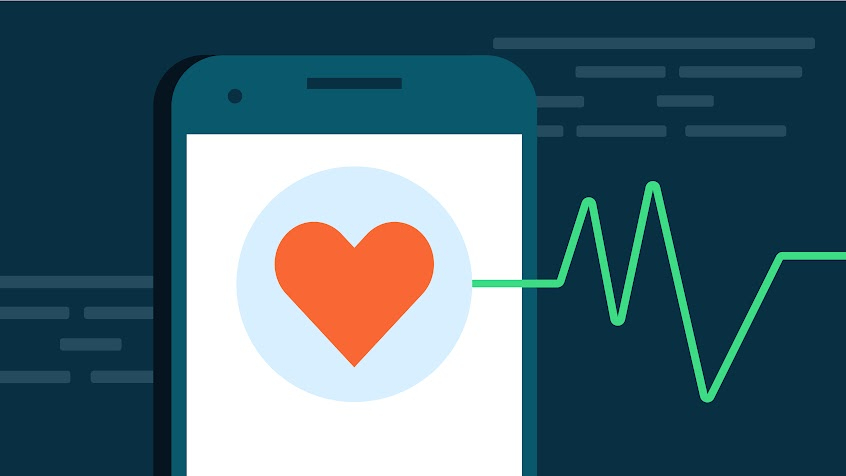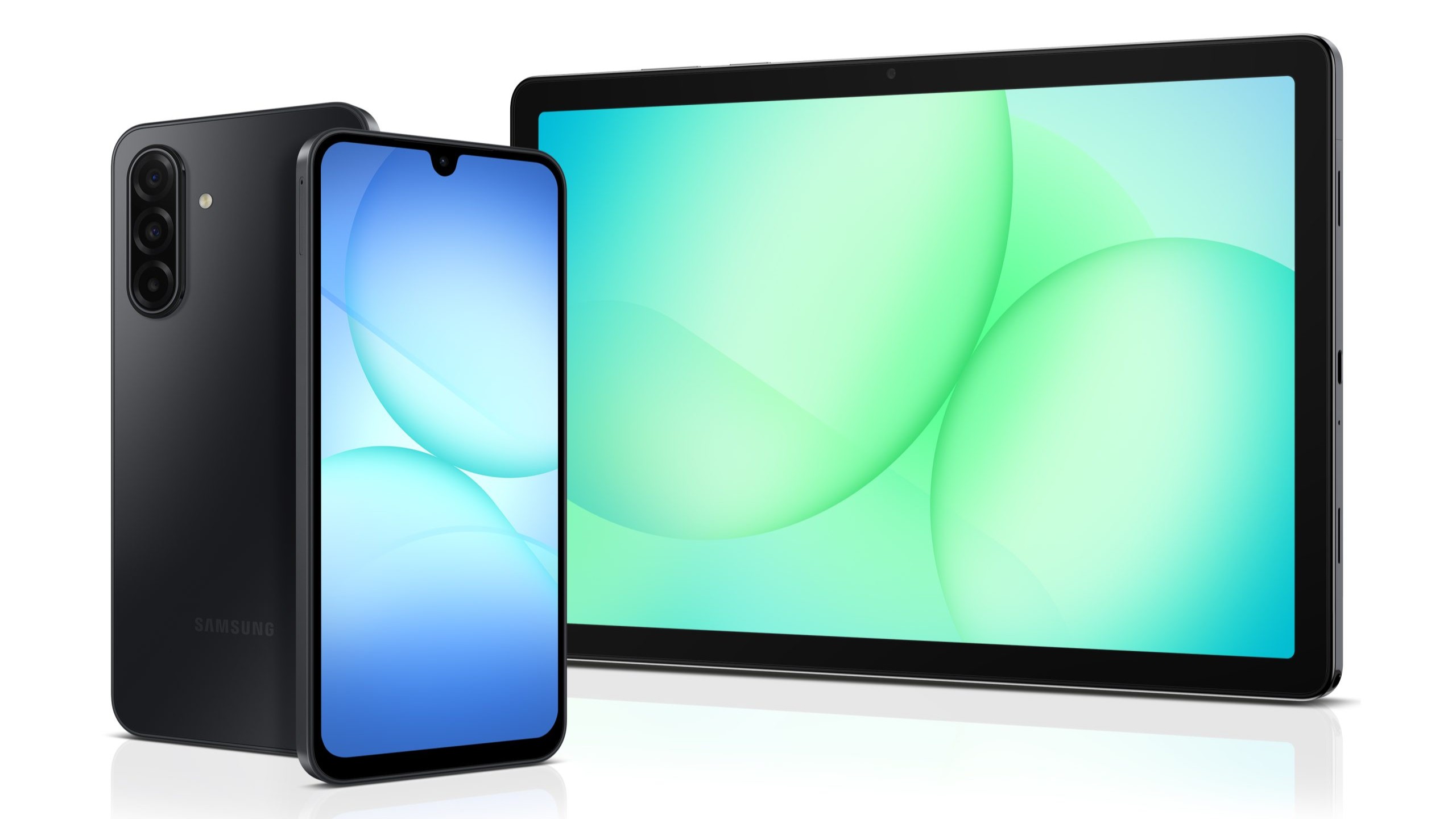Health Connect could get us closer to universal health and fitness tracking
Health Connect could finally make it easy to sync between your favorite health tracking apps.

What you need to know
- Health Connect is a new initiative from Google and Samsung announced during I/O 2022.
- The goal is to make it easier for health and fitness metrics to be shared between devices.
- Google has confirmed it is already working with several popular fitness app developers and services.
One of the biggest gripes when it comes to using the best fitness trackers and smartwatches is that you can’t always sync your data between different services. Arguably the most egregious offender of this is the inability to seamlessly sync your workouts and other health data between the Fitbit app and Google Fit. However, a new platform was announced during Google I/O 2022 that could help change that in the very near future.
According to Google, Health Connect is not only a new platform, but it is also an API for app developers to target. This allows developers to “securely access and share health and fitness data across Android devices.” Google developed this in collaboration with Samsung, which comes as little surprise given how closely the two companies have been working together on the Wear OS platform.

In the accompanying blog post, Google has confirmed that it is already working with the likes of MyFitnessPal, Leap Fitness, and Withings. But the part that we’re excited about is the adoption of Health Connect by Samsung Fit, Fitbit, and Google Health. These APIs are already available for developers to access through Android Jetpack.
Once the Health Connect platform is integrated, many of the most common and important health metrics can be shared between devices. These metrics include activity, sleep, nutrition, body measurements and vitals like heart rate and blood pressure.
- Activity: This captures any activity that a user does. It can include health and fitness activities like running or swimming, meditation, and sleep.
- Body Measurement: This captures common data related to the body. It includes capturing a user’s weight, or a user’s basal metabolic rate, among other data types.
- Cycle Tracking: This captures menstrual cycles and related data points, such as the binary result of an ovulation test.
- Nutrition: This captures hydration and nutrition data types. The former represents how much water a user drank in a single drink. The latter includes many optional fields, from calories to sugar and magnesium that record which nutrients the user consumed.
- Sleep: This captures interval data related to a user’s length and type of sleep.
- Vitals: This captures essential information about the user’s general health. It includes everything from blood glucose to body temperature and blood oxygen saturation.
Perhaps more importantly, Google is also ensuring that the data cannot be accessed by health applications without user permission. Additionally, Google shares that “users will have full control over their privacy settings, with granular controls to see which apps are requesting access to data at any given time.” This goes along with the improved security and privacy improvements that we’ve been seeing in recent Android releases, including Android 13 Beta 2.
The only downside to today's announcement is that it's not already user-facing. We'll have to wait for the platform to be integrated with the different applications, but hopefully, Health Connect will make its debut by the time the Pixel Watch is available. But more importantly, we're hoping it just makes it possible to sync data to Google Fit from other health and fitness tracking applications.
Get the latest news from Android Central, your trusted companion in the world of Android

Andrew Myrick is a Senior Editor at Android Central. He enjoys everything to do with technology, including tablets, smartphones, and everything in between. Perhaps his favorite past-time is collecting different headphones, even if they all end up in the same drawer.
